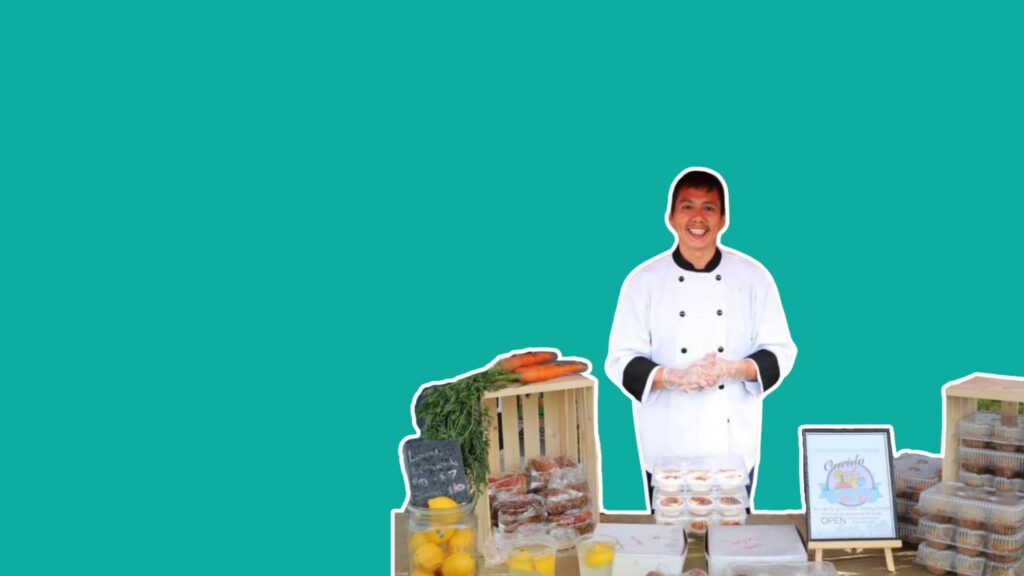Ontario’s food and beverage processing industry, one of the province’s most dynamic and rapidly growing sectors, presents many opportunities for those looking to build a fulfilling career.
Yet, for many Indigenous youth, accessing these opportunities has traditionally been a challenge, with barriers such as geographic isolation, financial constraints, and a lack of tailored resources.
The CareersNOW! program, an initiative by Food and Beverage Ontario, is working to change this narrative by creating a bridge between Indigenous communities and the food and beverage processing sector. CareersNOW! is helping Indigenous youth in Ontario explore and seize the opportunities available in this vital industry through targeted support, partnerships, and resources.
A Gateway to Diverse Career Paths
Since its inception, CareersNOW! has been committed to broadening the horizons of Indigenous youth by exposing them to a variety of career paths within the food and beverage processing sector. The CareersNOW! website serves as a central hub for accessing resources, training opportunities, and grants tailored to the needs of Indigenous communities.
“Many Indigenous communities have a rich history of trading and entrepreneurship, especially in areas related to traditional foods. CareersNOW! helps to modernize this legacy by connecting youth with opportunities that align with both their cultural heritage and the demands of today’s food and beverage industry,” says Lorraine M. Pitawanakwat, the Indigenous Lead for CareersNOW!
Bridging Traditional Knowledge and Modern Industry
One of the critical successes of the CareersNOW! program has been merging traditional Indigenous knowledge with modern industry practices by partnering with incredible Indigenous-led organizations empowering youth.
Indigenous youth have gained access to workshops, training, and start-up financing opportunities through partnerships with the Ontario Native Education Council and the First Nations Agriculture and Finance Authority. These programs support various agricultural ventures, from livestock and crop farming to maple syrup production and aquaculture.
“These opportunities allow Indigenous youth to pursue careers that not only provide financial stability but also honour and preserve their cultural practices,” says Pitawanakwat. “Whether it’s producing traditional foods like maple syrup or developing new products like Indigenous teas, the intersection of culture and commerce is a powerful driver of success.”
Supporting Indigenous Entrepreneurship
Entrepreneurship is a vital component of economic empowerment and CareersNOW! has fostered this spirit among Indigenous youth. The program connects aspiring entrepreneurs with resources like the ADAAWE Indigenous Business Hub in Ottawa, which supports Indigenous business owners and start-ups. Initiatives like the Pow Wow Pitch also create spaces for Indigenous entrepreneurs to showcase their ideas, access funding, and receive mentorship.
The success stories emerging from these initiatives are inspiring.
For example, Raven Rising Global Indigenous Chocolates, an e-commerce chocolate shop that sources ingredients from Indigenous communities worldwide, is just one example of the innovative businesses supported by ADAAWE. Other entrepreneurs, like Mark Marsolais-Nahwegahbow of Birch Bark Coffee, have accessed these resources to grow their businesses while remaining true to their cultural roots.
Overcoming Barriers to Success
Despite these successes, Indigenous youth still face significant barriers when pursuing careers in the food and beverage processing sector. These challenges include financial constraints, limited access to affordable housing and transportation, and the emotional toll of leaving one’s community.
CareersNOW! addresses these obstacles by helping connect Indigenous youth to various support services, including distance education programs through Contact North, which allows Indigenous youth to pursue online courses without leaving their communities.
“By providing access to education and training within their communities, we’re not just offering a career path; we’re preserving the connections vital to Indigenous identity and wellbeing,” says Pitawanakwat.






